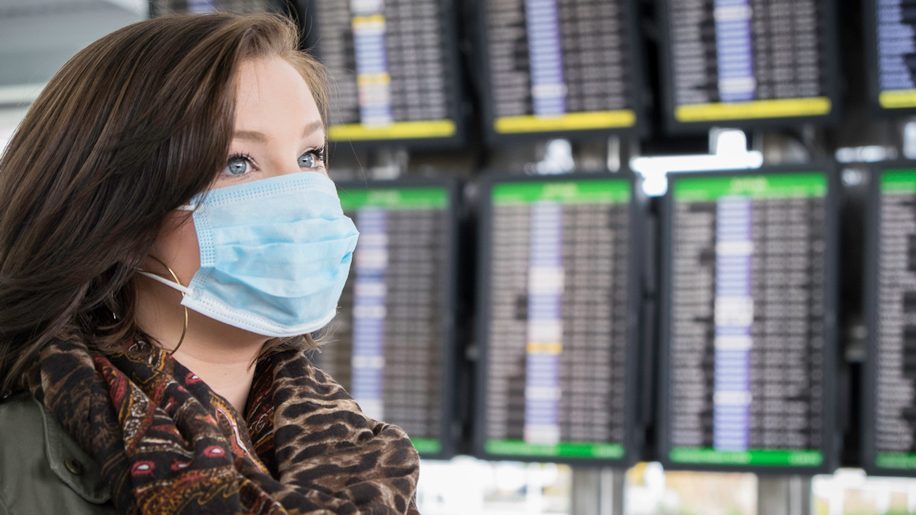
Communicable diseases don’t respect borders, and a new study suggests that common airline boarding policies could help spread illnesses faster.
Researchers at Arizona State University (ASU) noted that airliners are frighteningly efficient at spreading disease, forcing people traveling to and from diverse destinations into close quarters for hours at a time.
Compounding the problem is the common practice of loading passengers in front-to-back zones, which forces passengers to stand in the aisles in close contact with one another.
ASU researchers said that dividing the aircraft into two lengthwise sections and allowing passengers to seat themselves randomly would cause fewer potentially disease-spreading bottlenecks.
“Surprisingly, changing policies — even those as simple as boarding patterns — can have a significant impact on the global spread of an infectious disease,” said lead researcher Anuj Mubayi, an assistant professor at ASU’s School of Human Evolution and Social Change.
Researchers also said disease is less likely to spread on smaller aircraft — those with 150 or fewer seats — because they have fewer potentially infected people onboard for travellers to come into close physical contact, and take less time to board.
“Using smaller airplanes during an outbreak, instead of completely banning flights to a specific destination, can drastically reduce the probability of introduction of infection,” Mubayi said.












